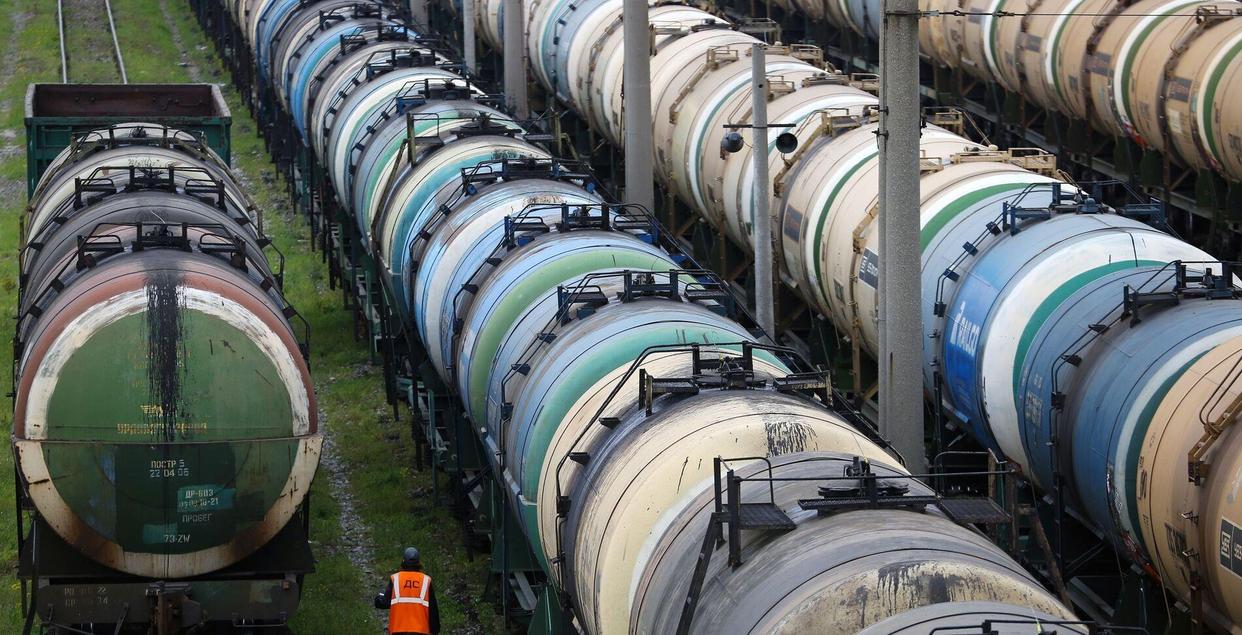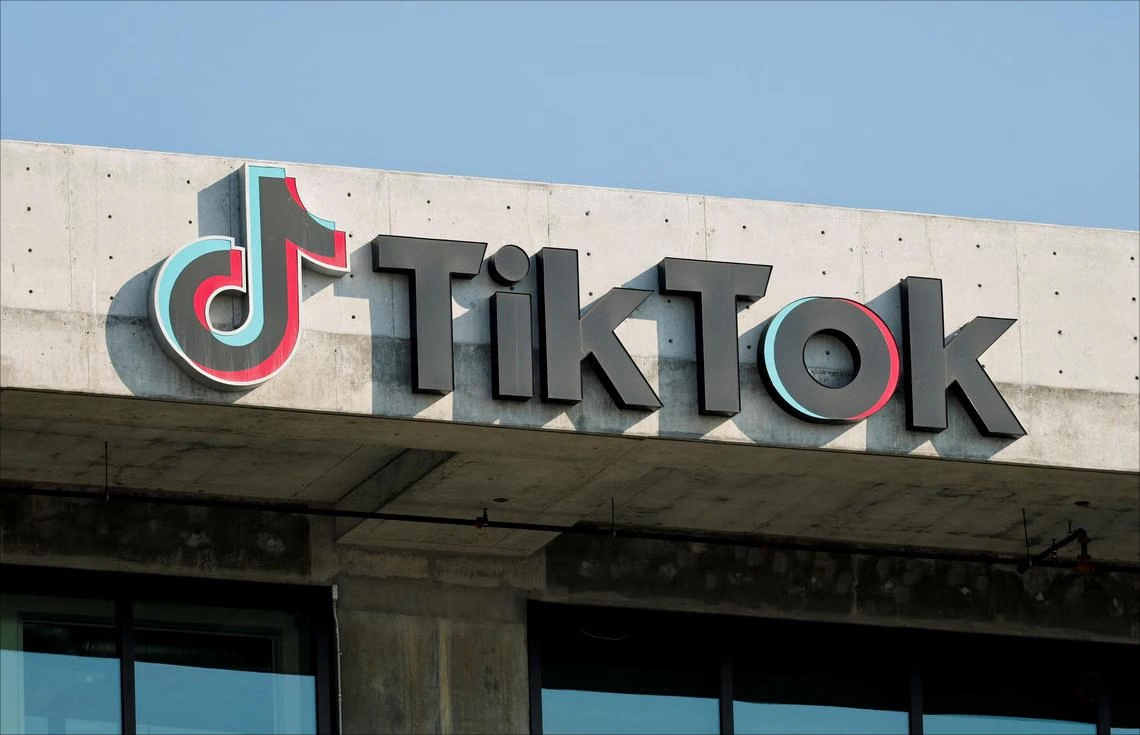
India's largest private oil refiner, Reliance Industries, has announced the suspension of crude oil purchases from Russian Oil Company (Rosneft) and Lukoil. This decision marks a significant shift in India's energy strategy, driven by a complex interplay of geopolitical pressures, economic interest calculations, and the restructuring of the global energy market. Despite Indian officials emphasizing that "energy policies are guided by consumer interests," the practical choice to halt Russian oil purchases is pushing India to a crossroads filled with uncertainties.
Reliance Industries' decision to halt purchases is directly linked to the escalation of US sanctions on Russian energy. On October 22, 2025, the US Treasury Department imposed comprehensive sanctions on Rosneft and Lukoil, citing "funding Russia's war machine." These sanctions froze their US-based assets and prohibited third-party transactions. These two companies account for nearly half of Russia's seaborne crude oil exports and are core suppliers of Russian oil to India. Data shows that in September 2025, Reliance Industries imported approximately 630,000 barrels of crude oil per day from these two companies, representing 39% of India's total imports.
The US sanction threats are not new. As early as August 2025, the Trump administration raised India's export tariffs to the US from 25% to 50%, alleging that "India indirectly supports Russia." At that time, Indian state-owned refiners did not completely halt purchases but increased imports of Middle Eastern crude oil through tenders. The complete halt by private enterprises this time indicates that US pressure has exceeded the tolerance threshold of Indian companies. In its statement, Reliance Industries admitted, "Adjusting operations to meet compliance requirements," reflecting the reality of corporate compromise in the face of secondary sanction risks.
The halt on Russian oil purchases has an immediate and significant economic impact on India's refining industry. Russian Urals crude oil is priced 5−6perbarrellowerthanitsMiddleEasterncounterparts,savingIndianrefinersapproximately17 billion in costs in 2023. Reliance Industries' financial reports show that Russian oil purchases account for over 50% of its total crude oil volume, and the halt will directly compress refining profit margins. Jefferies Group analysts pointed out that Russian oil contributes 2.1% of Reliance Industries' total profits. While this proportion may seem low, considering that the overall profit margin of India's refining industry is only 3%-5%, this loss is sufficient to cause industry-wide shocks.
The cost of alternative energy sources is higher. If India turns to West African, Brazilian, or Guyanese crude oil, it will not only face higher prices but also the risk of compensation for breaching long-term contracts. In December 2024, Reliance Industries signed a ten-year agreement with Rosneft, with an annual import value of $13 billion. Early termination would require substantial compensation. Additionally, Indian refining facilities have long been adapted to process Russian medium-sour crude oil, and switching to light-sweet crude oil would require equipment modifications, which are difficult to achieve in the short term.
India's decision to halt purchases is, in essence, a consequence of being caught in the geopolitical rivalry between the US and Russia. Russia is India's traditional "all-weather ally," accounting for 36% of India's weapon imports in 2023 and providing crucial support during past crises. However, the US, as India's largest trading partner, recorded bilateral trade of 87billionin2024,withIndia′sexportdependenceontheUSfarexceedingitstradewithRussia.WarrenPatterson,ananalystatINGGroup,noted,"Riskingan87 billion export market to save a few billion dollars on oil is clearly not worth it."
India attempts to balance its stance between the US and Russia. On one hand, after Reliance Industries halted Russian oil purchases, India immediately signaled its intention to sign a free trade agreement with the US. Chief trade negotiator Rajesh Agrawal stated, "We do not rule out doubling our energy purchases from the US." On the other hand, India is simultaneously proceeding with an additional $1.1 billion order for S-400 air defense missile systems from Russia to maintain strategic autonomy. This "economic reliance on the US, security reliance on Russia" binary structure exposes the fragility of India's diplomacy—if the US further increases pressure, India may be forced to make concessions in the defense sector; if it completely aligns with the US, it will lose Russia's support in energy and military technology.
India's halt on Russian oil purchases will trigger a chain reaction in the global energy market. Russia needs to find new buyers for 1.7 million barrels of crude oil per day, potentially forcing further price reductions and impacting the market shares of Middle Eastern producers such as Saudi Arabia and Iraq. Meanwhile, India will accelerate agreements with Middle Eastern countries, with Saudi Arabia already offering "discounted prices + long-term contracts" to attract Indian customers. However, Middle Eastern crude oil has transportation costs $2-3 per barrel higher than Russian oil, and its supply stability is more vulnerable to geopolitical conflicts.
For Indian consumers, rising energy costs may drive up inflation. In October 2025, India's retail inflation rate climbed to 5.8%, approaching the central bank's 6% upper limit. If refining costs increase, gasoline and diesel prices may rise further, exacerbating public pressure. Shaktikanta Das, Governor of the Reserve Bank of India, warned, "Energy price volatility is the biggest risk to current macroeconomic stability."
India's decision may secure short-term trade concessions from the US, but in the long run, its energy security structure has shown cracks. M. Chandrasekhar, former Director of Bharat Petroleum, pointed out, "If Russian supplies are disrupted, Middle Eastern crude oil can fill the gap, but at a higher cost." This "passive substitution" model exposes the dependency flaws in India's energy strategy.
However, crises also present opportunities for transformation. India can leverage this situation to upgrade its refining facilities, enhancing crude oil adaptability. Simultaneously, it can accelerate domestic oil and gas exploration and development to reduce import dependence. In 2025, India discovered a large oil field off the coast of Mumbai. If developed rapidly, it could partially offset external risks.
India's choice reflects the survival wisdom of emerging powers amid globalization backlash—compromising under great power pressure, adjusting through interest calculations, and seeking transformation opportunities amid crises. The final outcome of this energy game will not only determine the resilience of India's economy but also reshape the power dynamics of the global energy market.

With $15.82 billion in sales and a 108% year-over-year increase, TikTok's e-commerce performance in the U.S. has undoubtedly shaken the American business world, likely causing Amazon executives to tremble with their coffee cups.
With $15.82 billion in sales and a 108% year-over-year incr…
According to the South Korean media Dealsite, the recent te…
The current geopolitical conflicts around the world are oft…
In 2025, on the international stage, multiple "peace mediat…
A secret visit has opened up a new link between the "Taiwan…
On December 18th, the AI industry witnessed a major year-en…